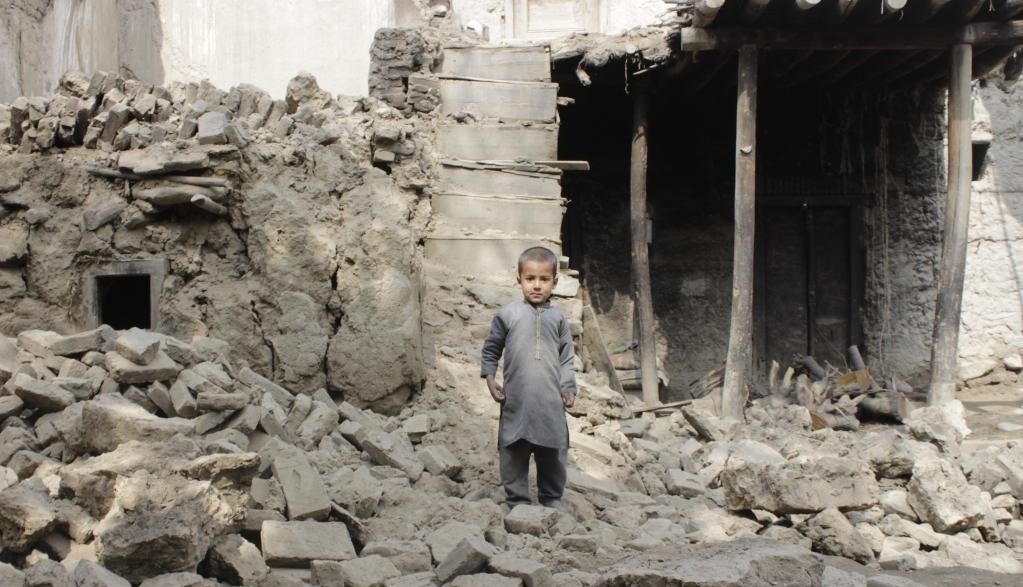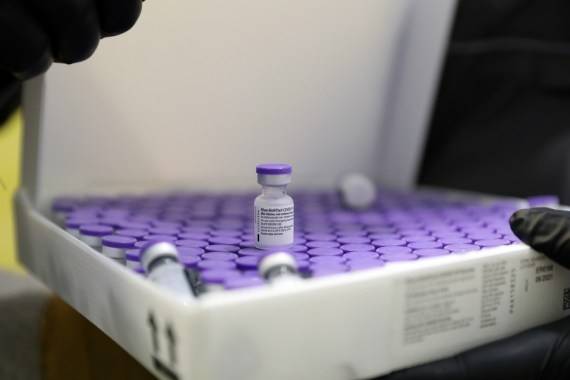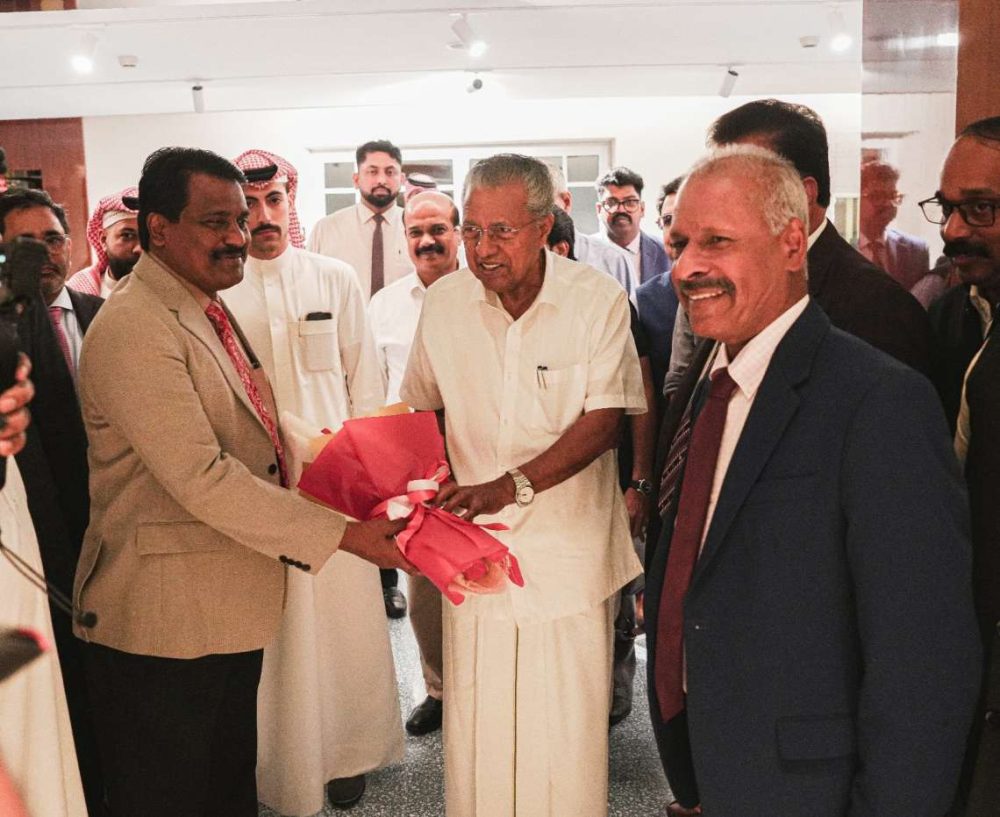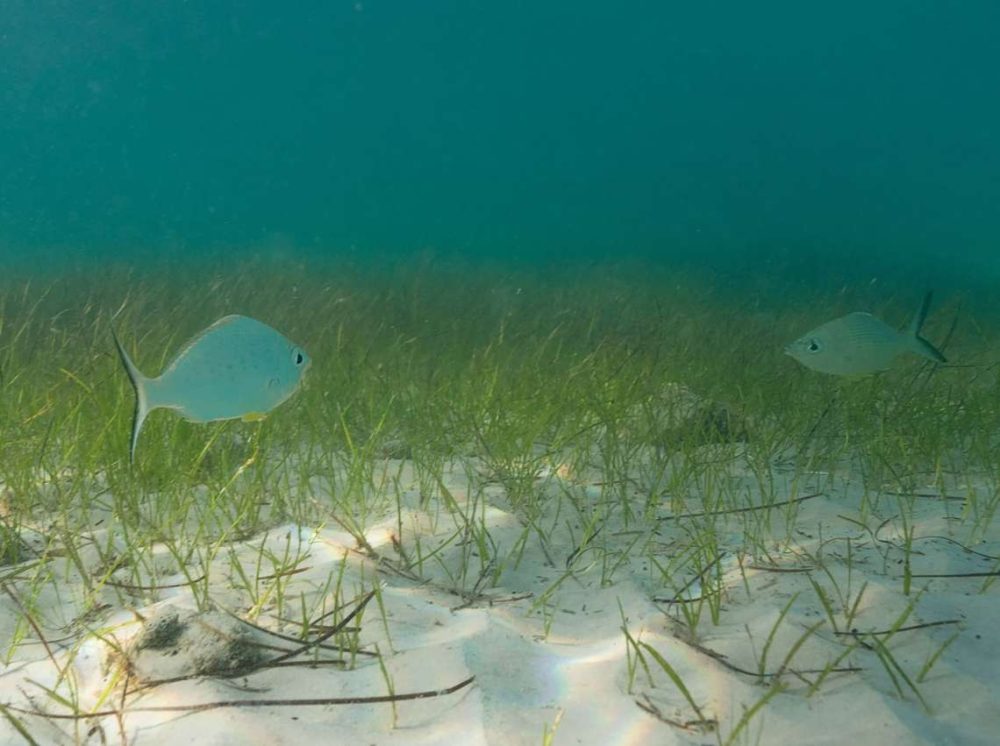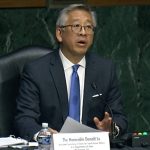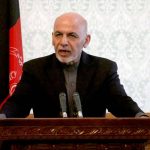The Greater Afghanistan comprises Pashtun dominated tribal areas in Pakistan and that makes the Islamic republic vulnerable to Taliban onslaught. Tehreek e Taliban (TTP), Islamabad’s arch-foe and the Taliban franchise in Pakistan, is also supporting the call for Greater Afghanistan. The victorious Taliban will target to procure the nuclear assets to become a regional power … writes Kaliph Anaz
Sources close to the Taliban leadership disclosed that they are committed to working for the creation of Greater Afghanistan after capturing Kabul.
Greater Afghanistan comprises Pashtun dominated tribal areas in Pakistan and that makes the Islamic republic vulnerable to Taliban onslaught. Tehreek e Taliban (TTP), Islamabad’s arch-foe and the Taliban franchise in Pakistan, is also supporting the call for Greater Afghanistan. Sources said the victorious Taliban will target to procure the nuclear assets of Pakistan to become a regional power. They are also aware that the access to nuclear assets will make them on par with neighbouring China, Iran and India.
The Taliban victory in Afghanistan is going to rock Pakistan badly. Taliban, which is associated with international terror outfits like ISIS and Al Qaeda will unleash terror in the region. Capturing Pakistan’s dirty bomb assets will make Taliban the first terror outfit with finger on nuclear buttons.
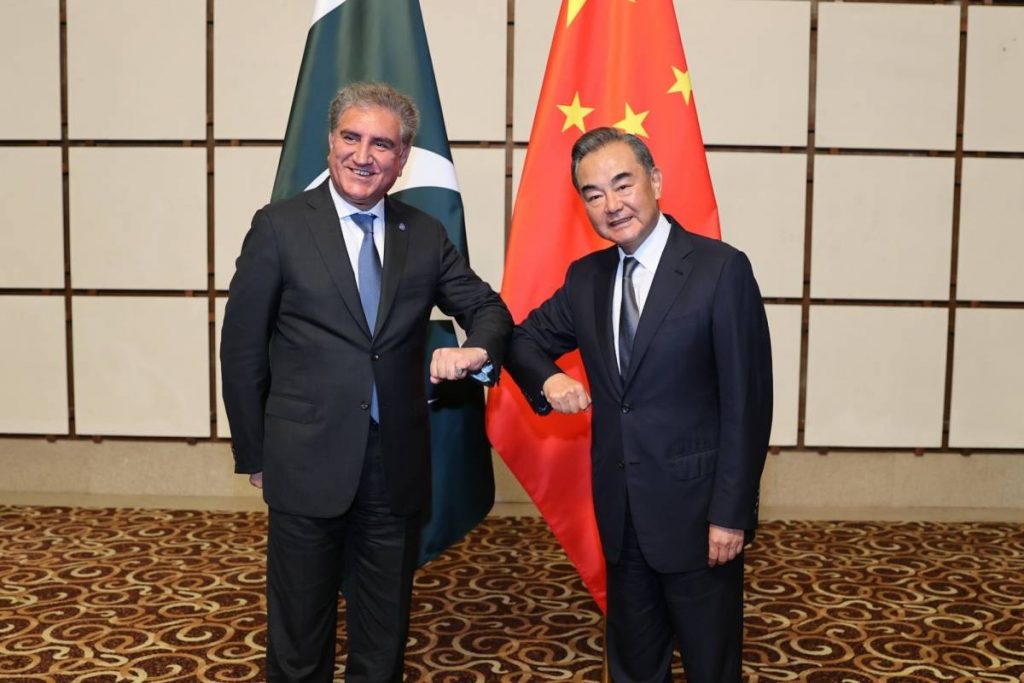
Taliban is also targeting the Muslim dominated areas in neighbouring China. Taliban leadership will cosy up with China to raise funds for their terror activities by selling natural resources. They will adopt Pakistan’s tactics of using “friendly terrorists” to execute specific missions to eke out funds from neighbours in the pretext of beef up security.
TTP will be useful for the Taliban to target assets in both Pakistan and China. TTP rose to prominence in 2007, when Taliban factions fighting the state of Pakistan united under a single umbrella. In the 14 years since TTP has carried out hundreds of attacks that have killed thousands of people in Pakistan. Despite sustained operations by Pakistani security forces, TTP remains intact and is still a potent security threat. It seems any friend of the Pakistani government appears to be an enemy of the terrorist group. So, China will come on top.
Given China’s ambitious $62 billion China Pakistan Economic Corridor, the TTP sees Beijing as a natural opponent and has waged war against Chinese interests in Pakistan.
“The TTP is targeting Pakistani Army personnel and CPEC and they are being bolstered by the Afghan Taliban, who want to show their power in territories on both sides of the Afghanistan-Pakistan border to assert its power and influence,” says one Pakistani analyst.
TTP’s stated objectives are the expulsion of Islamabad’s influence in the Federally Administered Tribal Areas (FATA) and neighbouring Khyber Pakhtunkhwa Province in Pakistan. Besides, the implementation of a strict interpretation of sharia throughout Pakistan, and the expulsion of Coalition troops from Afghanistan is part of the TTP’s playbook. TTP leaders also publicly say that the group seeks to establish an Islamic caliphate in Pakistan that would require the overthrow of the Pakistani Government. TTP has historically maintained close ties to senior al-Qaeda leaders, including Osama Bin Laden.
“According to the teachings of Islam, the victory of one Muslim necessarily helpful to another Muslim. How Taliban control of Afghanistan will help Pakistani Taliban, time will tell,” said Noor Wali Mehsud, the chief of TTP told CNN earlier.
The dreaded militant leader has a plan in place after the Taliban’s takeover of Kabul. He told the channel that the TTP is fighting along with the Taliban in Afghanistan, but the group’s main “goal” is to have its “own” independent country.
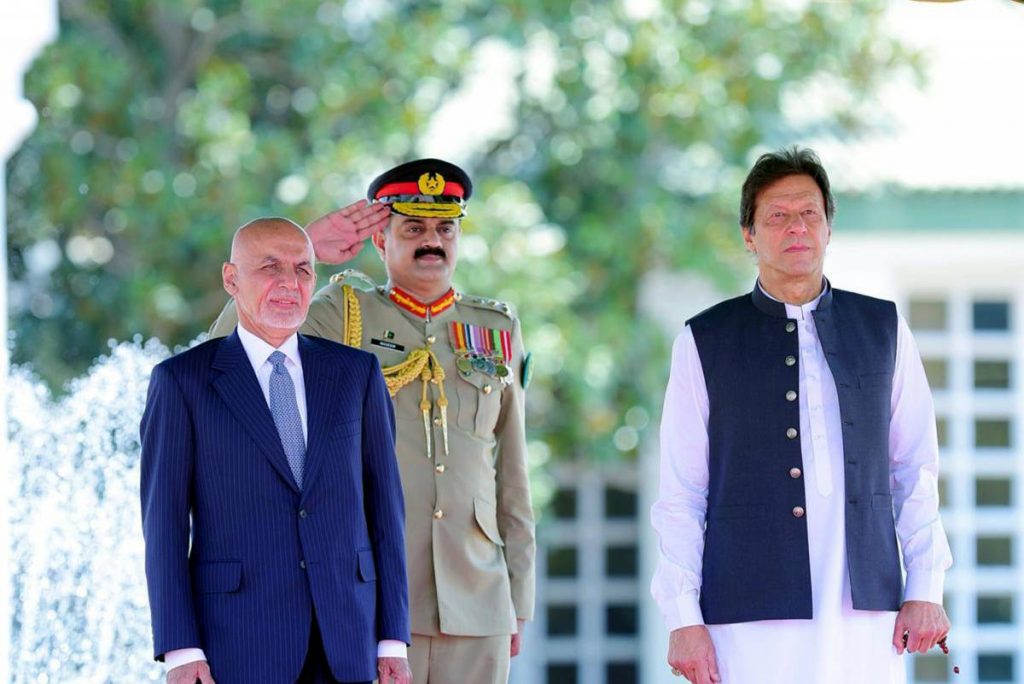
“Our fight is only in Pakistan and we are at war with the Pakistani forces. We are firmly hoping to take control of Pakistani border regions and make them independent,” declared Mehsud from his unclosed hideout in Waziristan near the Durand Line, the disputed border between Pakistan and Afghanistan.
TTP’s stated objectives are the expulsion of Islamabad’s influence in the Federally Administered Tribal Areas (FATA) and neighbouring Khyber Pakhtunkhwa Province in Pakistan. Besides, the implementation of a strict interpretation of sharia throughout Pakistan, and the expulsion of Coalition troops from Afghanistan is part of the TTP’s playbook.
TTP leaders also publicly say that the group seeks to establish an Islamic caliphate in Pakistan that would require the overthrow of the Pakistani Government. TTP has historically maintained close ties to senior al-Qaeda leaders, including Osama Bin Laden.
Noor Wali Mehsud seems eager to make TTP’s presence felt. Under his leadership, the group has already launched numerous provocative attacks. Shortly after the deaths of Mullah Fazlullah and his son in separate drone strikes in Afghanistan in March and June of 2018, respectively, TTP unleashed attacks against Pakistani politicians in July 2018.
Pakistan is hesitant to contain TTP because that will provoke retaliation in Pakistan’s Punjab heartland. A failure to control the Taliban in Afghanistan and their franchise in the homeland will expose Pakistan’s weakness and subsequently undermine their credibility to secure more funds from neighbours and western allies. Without the flow of any foreign funds, the power of the generals will vapourise. The whole attention is now on the generals and their commitment to tame the monster created by them.
READ MORE: Afghanistan calls on Human Rights Council to probe Taliban’s atrocities
READ MORE: Big blow to Pakistan as TTP eyes ‘Greater Afghanistan’





